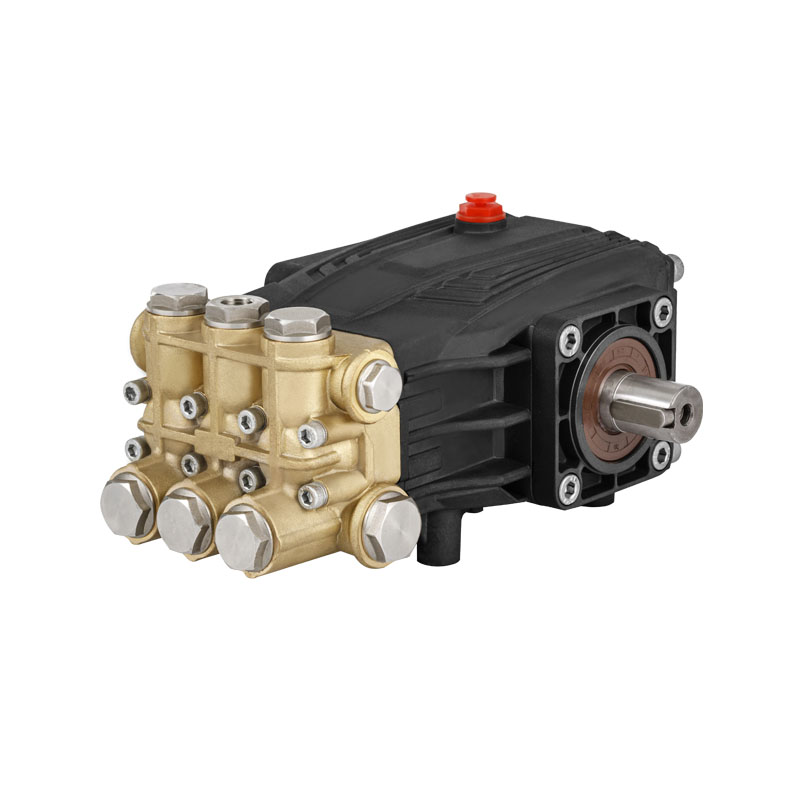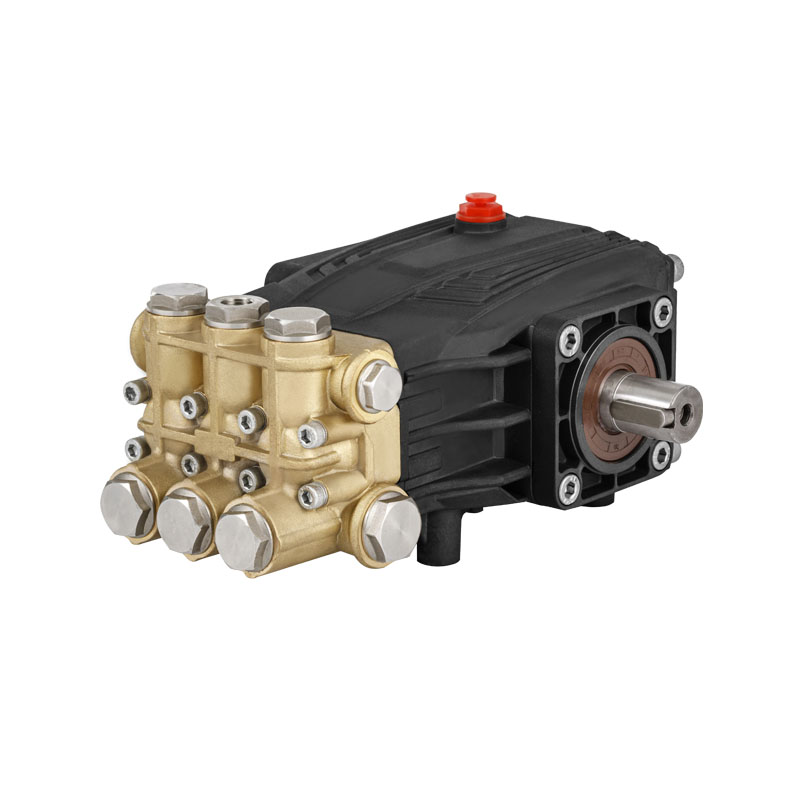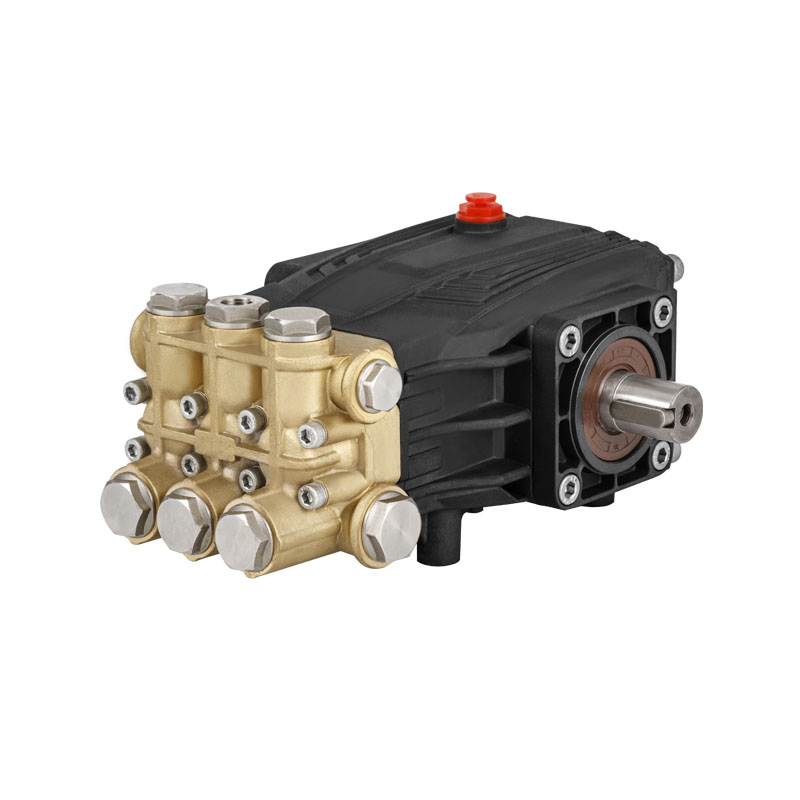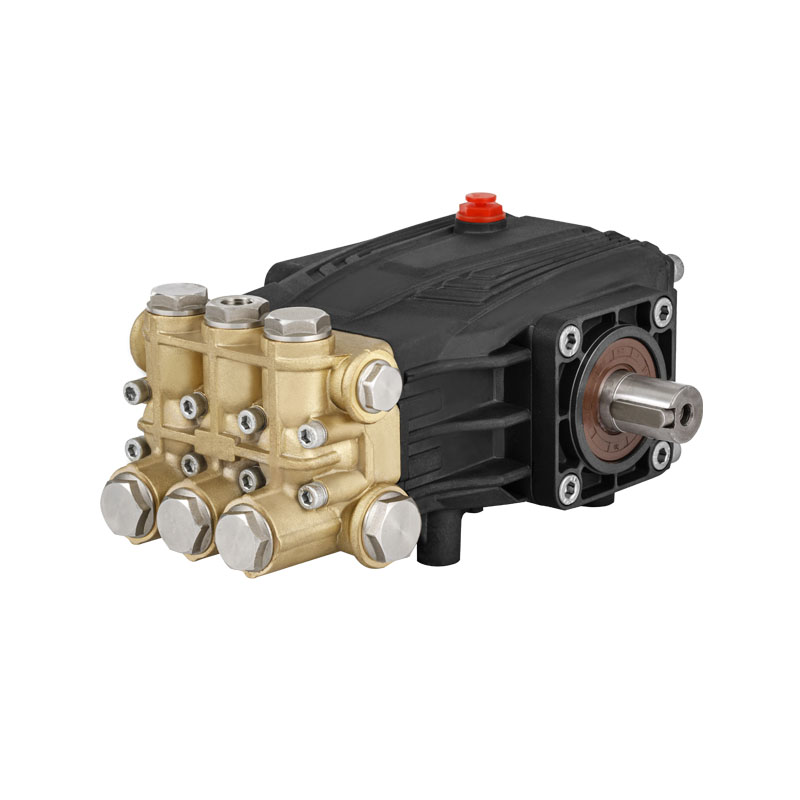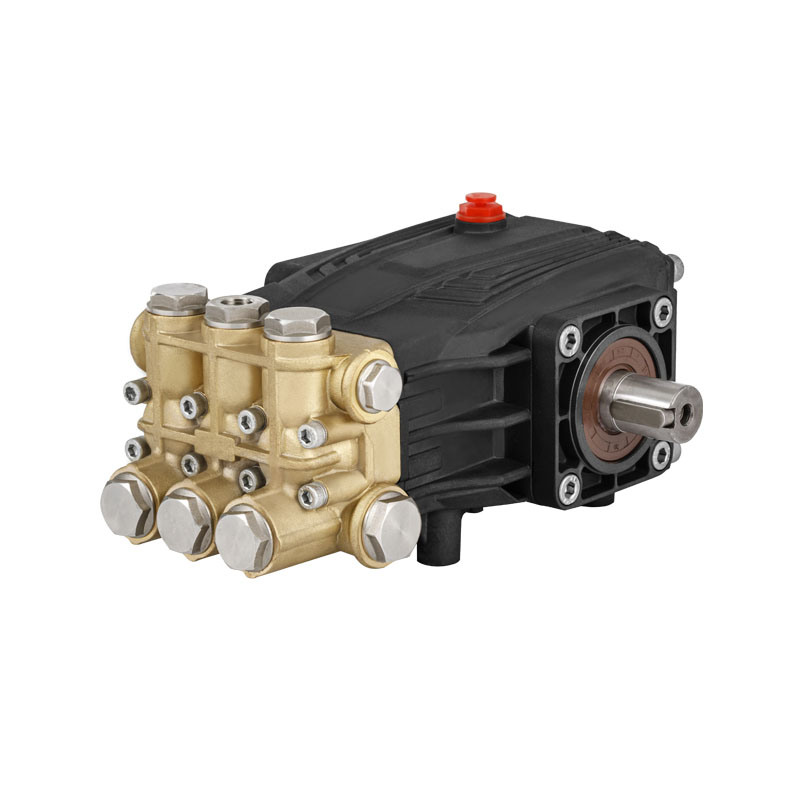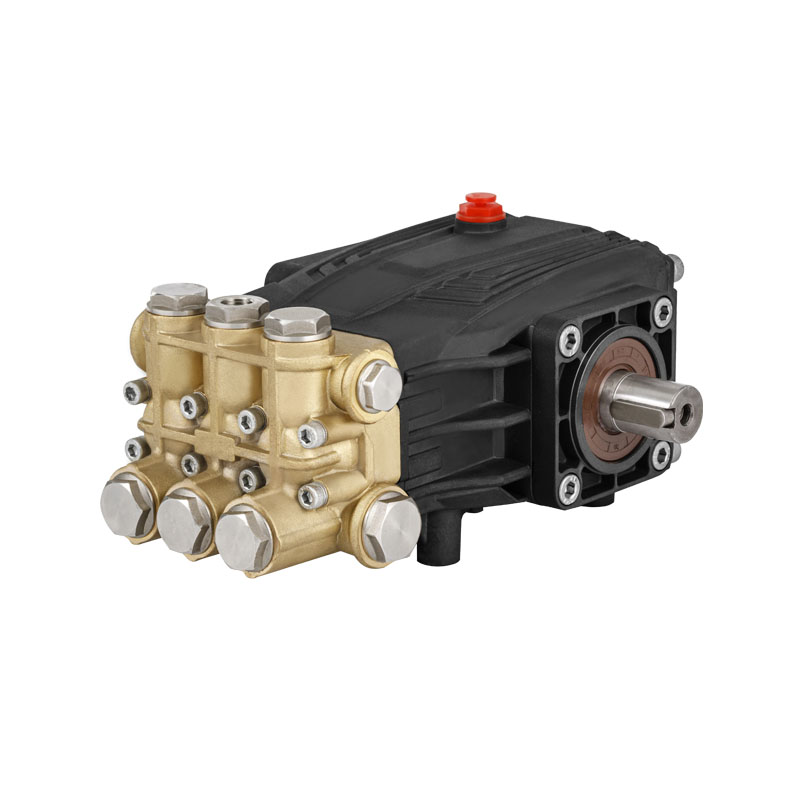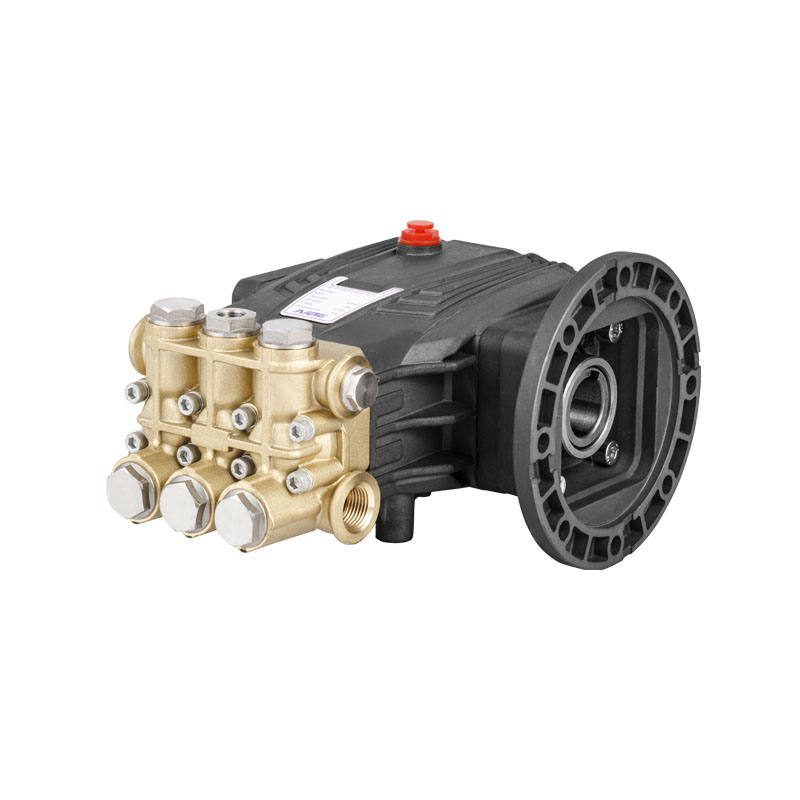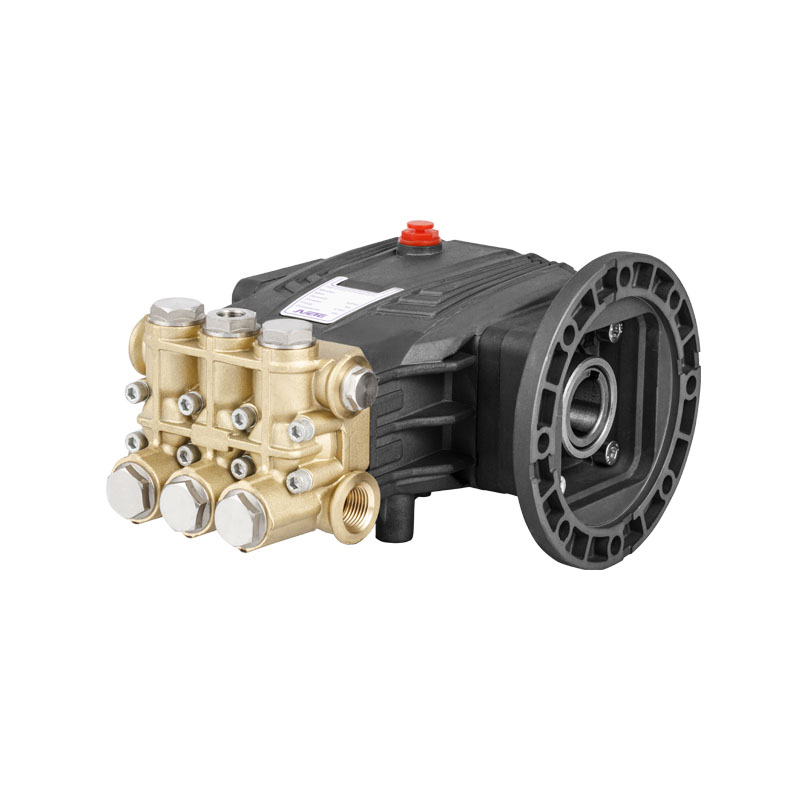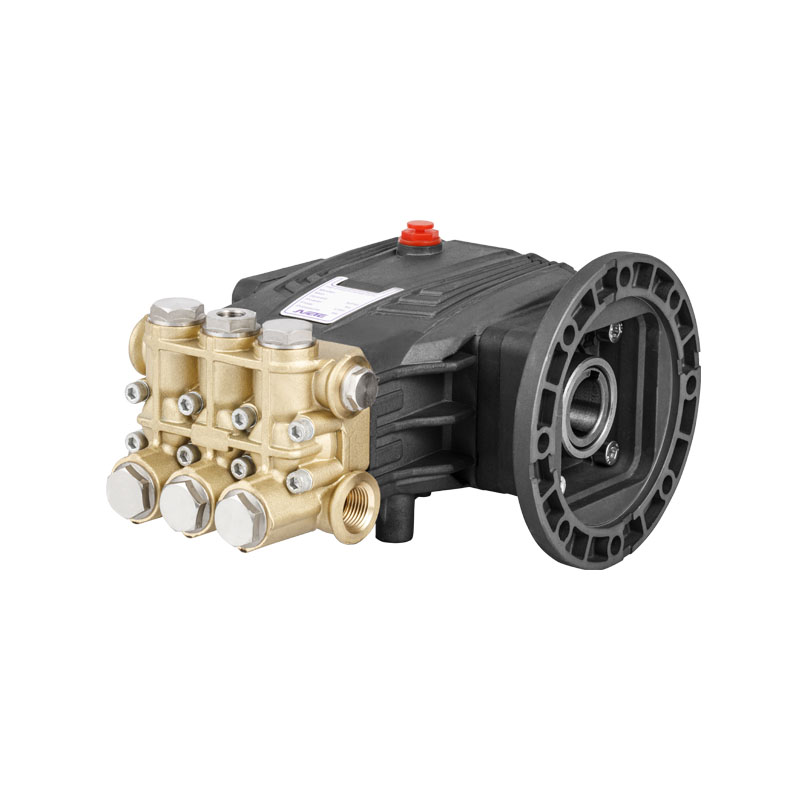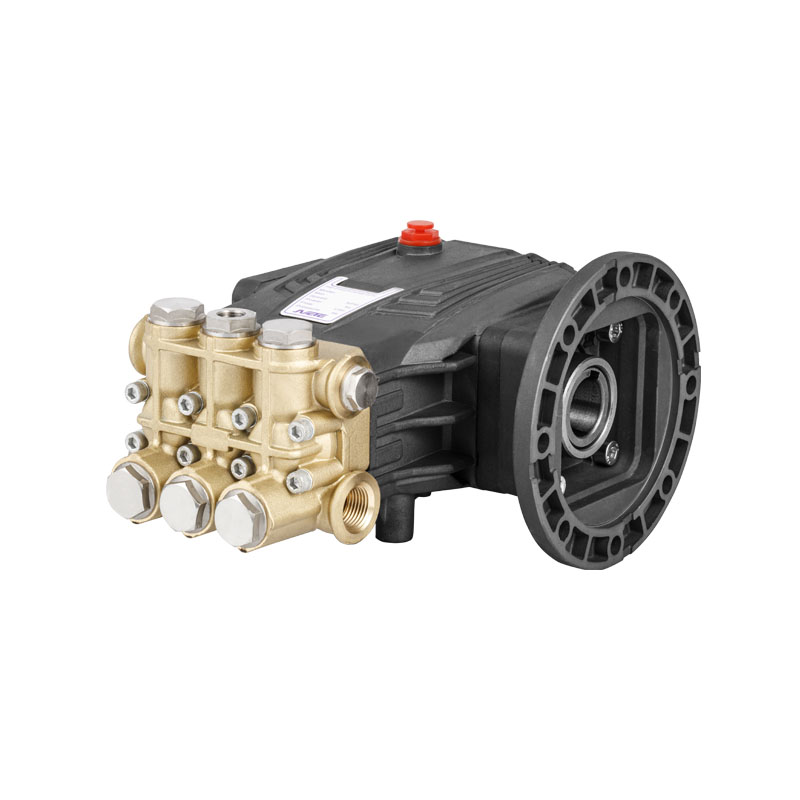In industries ranging from oil and gas to manufacturing and water treatment, maintaining high-pressure systems with fluid control is crucial to ensuring efficient operations. A critical component in these systems is the high pressure plunger pump valve, which plays an essential role in controlling the flow of fluid at high pressures. These valves are designed to withstand conditions, ensuring that high pressure plunger pumps function smoothly and effectively. As industries increasingly rely on high-pressure fluid systems, the demand for advanced, reliable plunger pump valves continues to grow, spurring innovation in the sector.
What is a High Pressure Plunger Pump Valve?
A high pressure plunger pump valve is a key component in high-pressure pumping systems, specifically designed to manage and regulate the flow of fluid through the pump. These valves are engineered to handle pressures, typically in excess of 10,000 psi, ensuring that fluid is delivered at consistent flow rates and pressures while preventing leaks, system failures, or other performance issues.
The valve’s main function is to control the opening and closing of the flow path between the pump and the system it serves. Depending on the type of valve, it may be designed for various purposes, such as regulating pressure, controlling flow rate, or ensuring safety by preventing over-pressurization. The durability of the valve is essential in high-pressure environments where failure could lead to significant downtime and costly repairs.
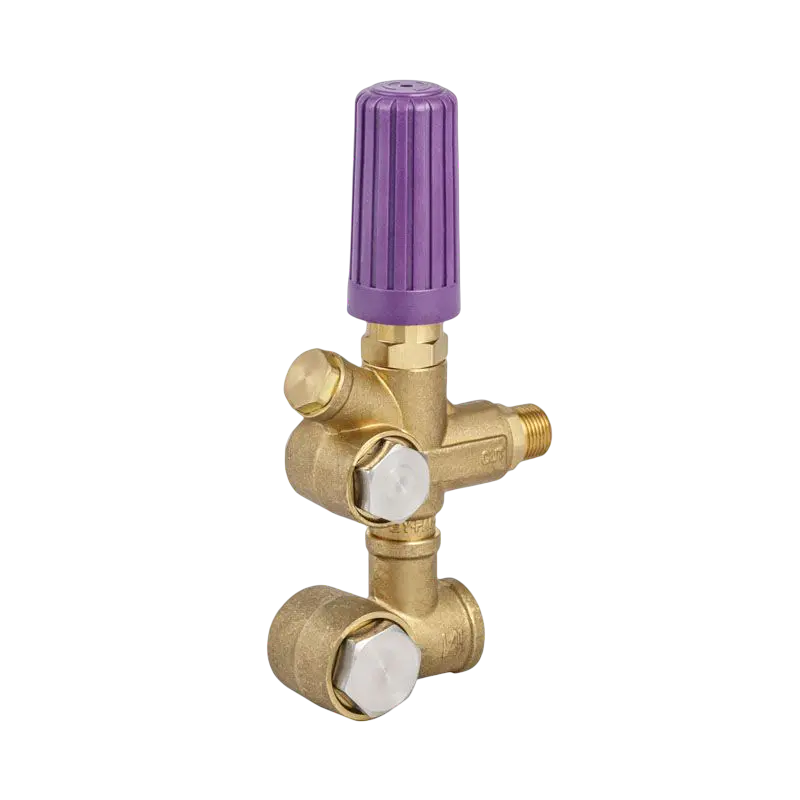
Key Applications of High Pressure Plunger Pump Valves
Oil and Gas Industry In the oil and gas industry, high pressure plunger pump valves are integral to maintaining efficient operations, particularly in hydraulic fracturing (fracking) and well stimulation processes. During fracking, high-pressure fluids are injected into wells to crack rock formations and release trapped hydrocarbons. The valves in the plunger pumps help regulate the pressure and flow of the fluid, ensuring that the fracturing process is efficient and controlled.
These valves are also essential in pipeline operations, where they control the flow of water, oil, or gas through high-pressure pipelines. Any malfunction or failure in the valve could result in costly delays or hazardous spills, so the reliability of these components is paramount.
Water Treatment and Desalination In water treatment facilities, high pressure plunger pump valves are essential for processes like reverse osmosis, where water is forced through a semi-permeable membrane to remove impurities. The valves help regulate the pressure at which the water is injected, ensuring that the system operates efficiently and produces clean, potable water.
Desalination plants, which convert seawater into drinkable water, also rely heavily on high pressure plunger pump valves. These systems need precise control to handle high pressures involved in the desalination process. Valves maintain the necessary pressure levels, ensuring the integrity of the system and the efficiency of water production.
Industrial Cleaning and Hydroblasting High-pressure water jetting or hydroblasting is commonly used in industrial cleaning applications to remove debris, rust, and contaminants from machinery, pipelines, and other equipment. High pressure plunger pump valves are essential in these operations, as they help control the pressure and flow of water being blasted at surfaces.
These valves ensure that the correct pressure is maintained throughout the cleaning process, which is crucial for effective cleaning without damaging the surfaces being treated. From cleaning oil rigs to removing contaminants from steel plants, high pressure plunger pump valves play an essential role in achieving the desired results in an efficient manner.
Concrete and Grout Injection The construction industry benefits from high pressure plunger pump valves in applications such as concrete injection and grout pumping. These pumps deliver high-pressure fluids to fill cracks, voids, and gaps in concrete structures, such as dams, tunnels, and bridges. The valves control the pressure at which the concrete or grout is injected, ensuring that the material is delivered precisely where it’s needed without causing damage to surrounding areas.
Without precise control over pressure and flow, the integrity of the repair could be compromised, to additional repairs or structural failure. High pressure plunger pump valves, therefore, ensure the success and reliability of such projects.





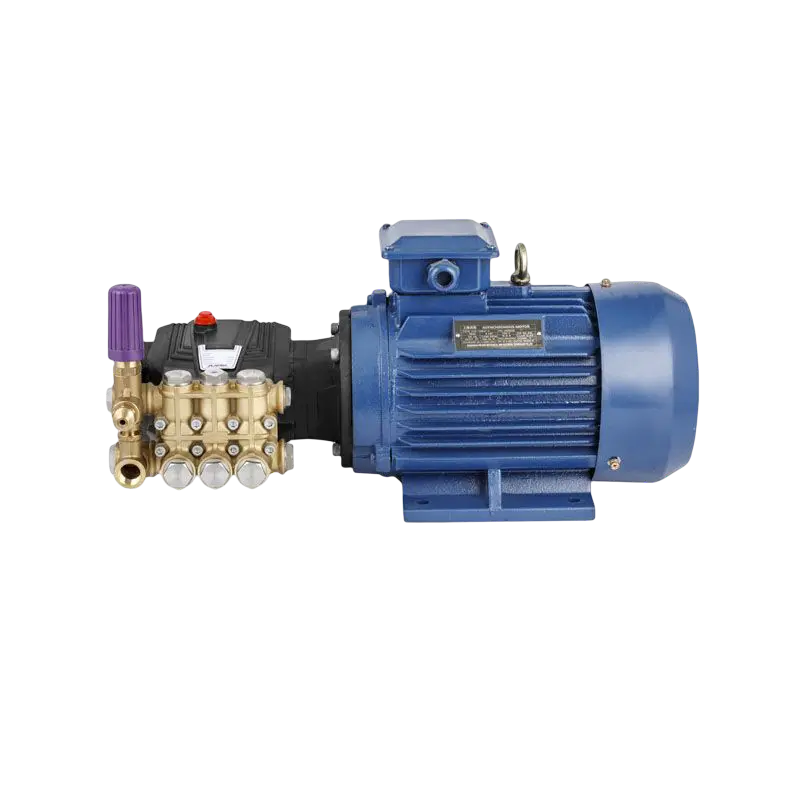
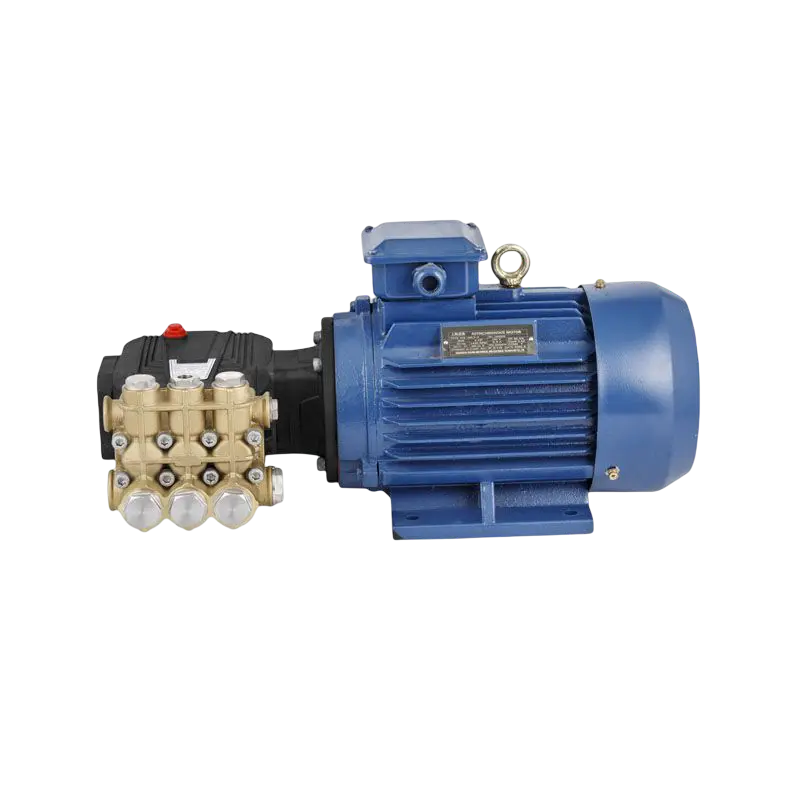
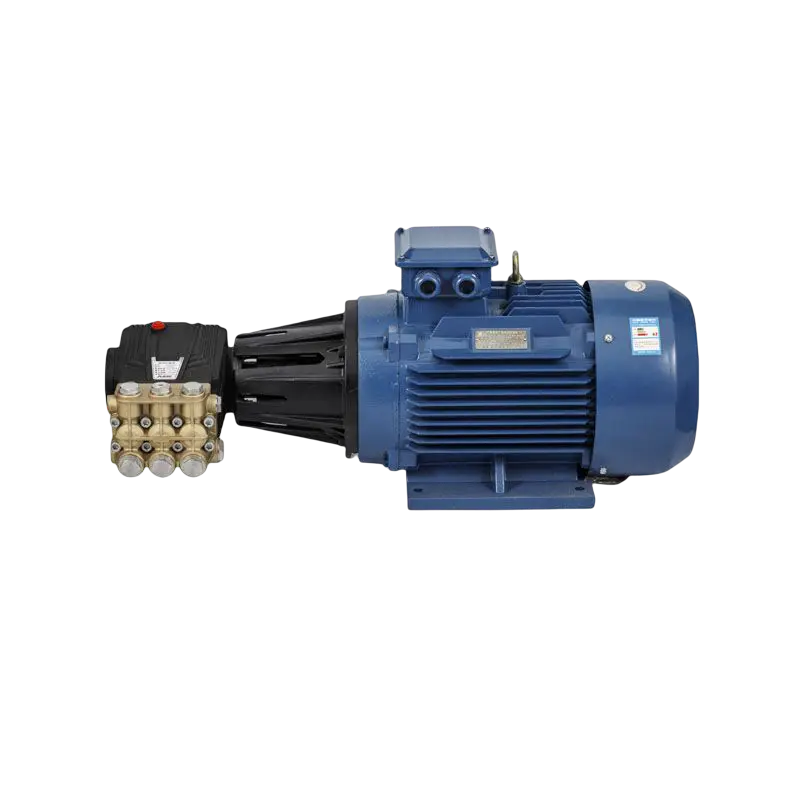
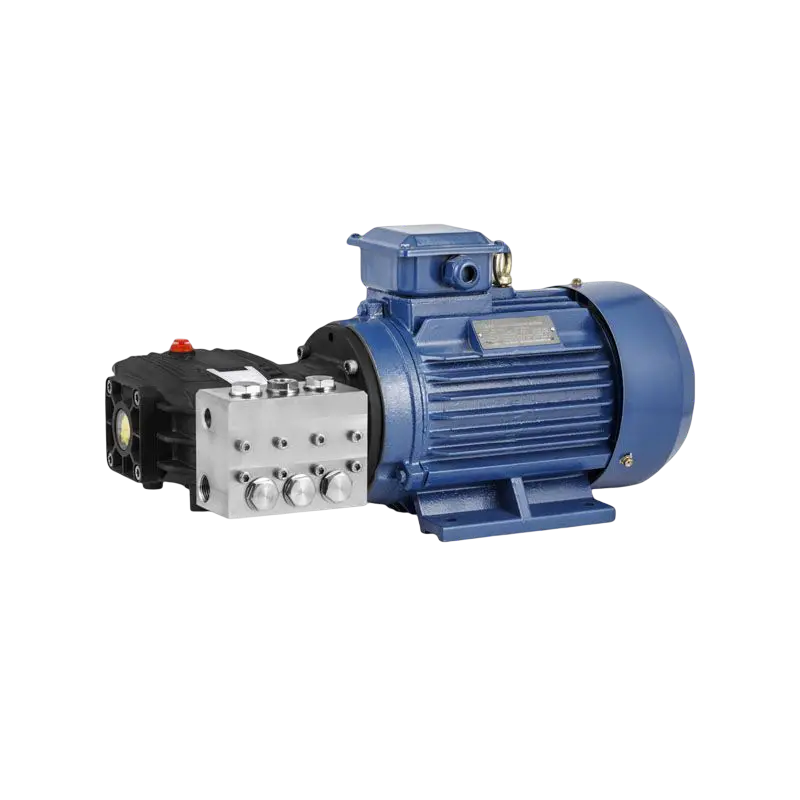
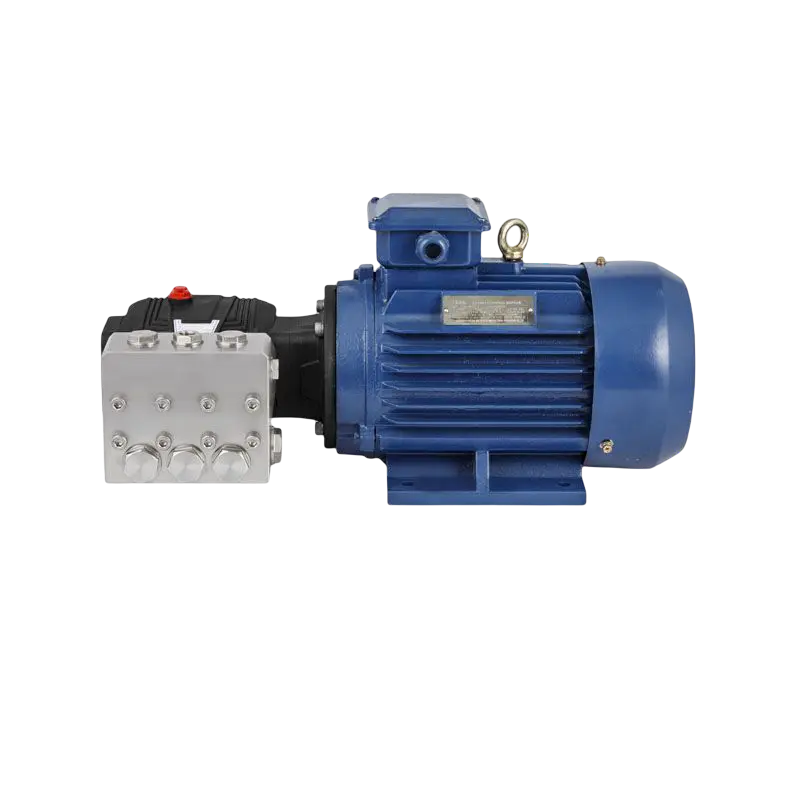
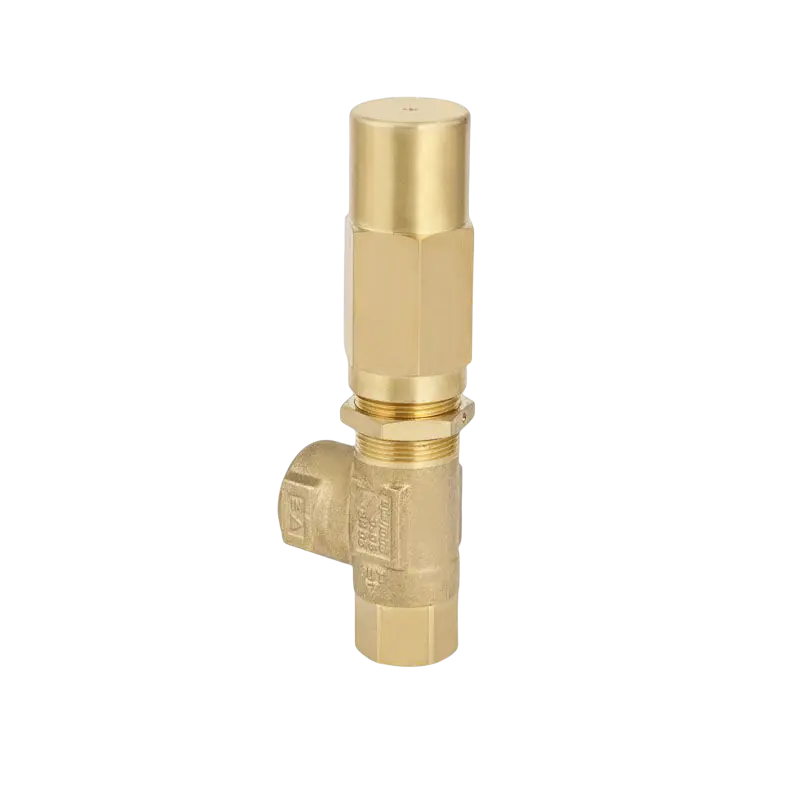
-2(1).png)




 English
English Español
Español
